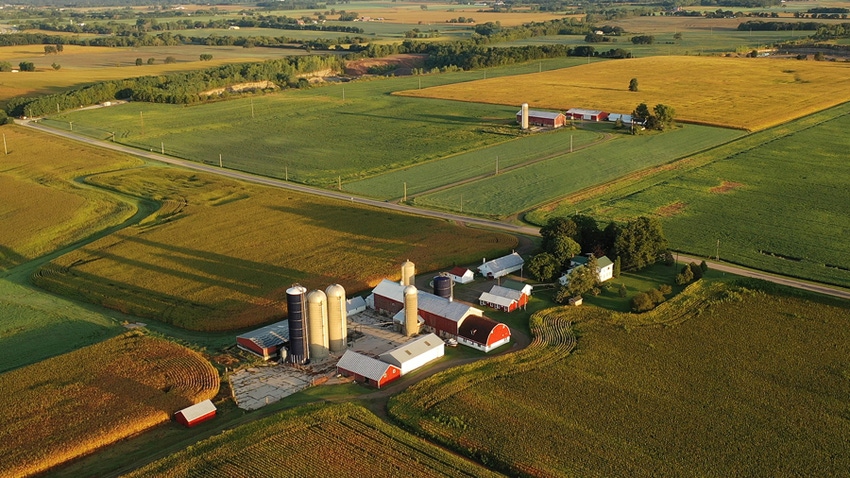
What first comes to your mind when you hear the word change? Different people can have very different reactions when even just thinking about change or the idea of something changing.
Part of this depends on our individual personalities and our direct experiences with change in the past. Some people’s personalities may be more inclined toward viewing change as a good thing, or in a more neutral way. Others may tend to view it in a more negative way, at least initially.
Some people may just feel they need to know more information or have greater certainty around aspects of change before they feel positive about it or more comfortable with the idea. We all can differ greatly in the ways we both think about and react on an emotional level to change.
Lead through the change
Dealing with your own personality tendencies when it comes to change – not to mention managing the reactions of others on your farm – can be challenging. Yet top farm leaders know that the best farm operations must include change and adapt quickly as the ag business environment changes. Operations that refuse to change most likely aren’t going to thrive as viable businesses in the long run.
Then there’s the matter of whether the change is coming from inside or outside of your operation. By inside, I’m thinking of changes you’re strategically making based on what your farm needs to achieve success. Change coming from the outside would be factors that are primarily outside of your direct control, such as markets, weather, or regulations.
So if change is necessary – and I would also argue, can be good – for the farm, then how can leaders think about it in ways to help their operations implement change successfully? Approaching change using a few mindset shifts can be helpful.
3 strategies
Here are three strategies for a ‘change mindset’ that leaders can use when thinking through and bringing positive change to their operations.
Frame it up. There are times when even thinking about making a change internally to the farm or dealing with a change coming “from the outside” simply seems overwhelming. Leaders might resist thinking about it, coming up with plans, or taking action on those plans when the challenge appears very high. One way to break through is to reframe what’s going on and how you’re planning to deal with it. For example, if the change is potentially going to be difficult for you and others on your farm to deal with, think ahead of time about how to help them understand the change and any positive aspects.
Learn as much as possible. Another way to help yourself and others when it comes to change is to learn about the particular aspect or area where a change is coming. Knowledge is power, so when people feel more equipped to handle something because they’ve learned more about it, they often won’t feel as much anxiety about the change. The greater amount of education also helps lessen uncertainty and assists when it’s time to make concrete plans.
Be prepared. For major changes, it will help to have a clear plan in place ahead of time of how the change will unfold, any divided stages of the change, who will be involved, and when different changes will happen. Breaking the change down into smaller steps, if possible, will help everyone get adjusted more easily and potentially more quickly as well. Communicating the plans clearly is also key to smooth execution.
Marketing in 2023
Have you set up marketing goals for 2023? Now is the right time to be creating marketing plans for this year and beyond. A market advisor can help with providing education, marketing tools, and market planning for your unique operation and your future goals.
Farmers have found that getting some third-party perspective from our market advisors has helped ease their minds. The advisors help farmer clients with planning and execution around marketing decisions and help keep them up to speed on the current rapidly-changing grain market situation – and how it impacts their operation.
Get a free two-week trial of our marketing information service (MarketView Basic). Your free trial includes regular audio and video updates, technical analysis, recommendations and more. Learn more about our market advisor programs and offerings at www.waterstreetconsulting.com.
About the Author(s)
You May Also Like






